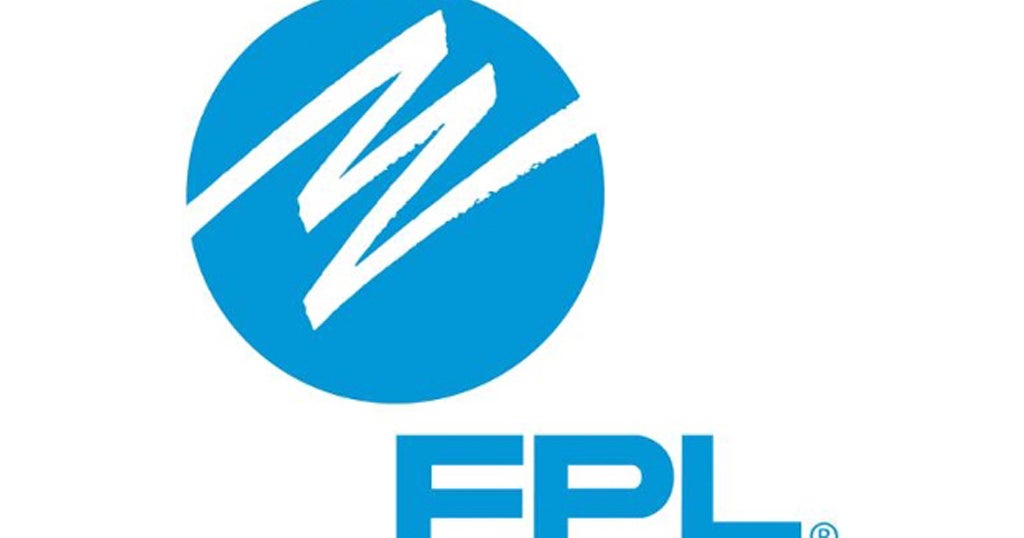TALLAHASSEE – Florida Power & Light customers likely will face increased monthly bills in 2025 after the utility Tuesday requested approval to collect nearly $1.2 billion to cover costs of restoring power after Hurricanes Debby, Helene and Milton, and to replenish a storm reserve fund.
FPL wants to recover an estimated $1.179 billion over a 12-month period starting in January, with much of the cost stemming from Hurricane Milton, which made landfall Oct. 9 as a Category 3 storm in Sarasota County before crossing the state, according to a filing at the Florida Public Service Commission.
The filing said Milton affected electric service for 2 million FPL customers, and the utility used 20,000 workers from as far away as Canada to restore power.
The Public Service Commission would need to approve FPL recovering the money, but utilities have regularly received such approvals in the past. In addition, storm-cost recovery was contemplated in a broader 2021 rate agreement for FPL.
Storm costs are essentially a temporary add-on to customer bills. Utilities typically use as a benchmark residential customers who consume 1,000 kilowatt hours of electricity a month — though actual electricity use varies widely.
FPL also has differing rates based on whether customers are in the utility’s traditional service area or a Northwest Florida area that was part of a purchase of the former Gulf Power.
Under the proposal filed Tuesday, residential customers in the traditional service area who use 1,000 kilowatt hours of electricity would see their monthly bills go from the current $121.19 a month to $133.99 in January, according to FPL. Such customers in the Northwest Florida area would see their bills go from the current $135.38 to $143.45.
“FPL worked relentlessly to quickly restore power to our customers in the aftermath of each of these hurricanes,” FPL President and CEO Armando Pimentel said in a prepared statement Tuesday. “We’re mindful that customers pay these restoration costs, which is why we continue to invest in storm hardening and smart grid technology. This avoids many outages, speeds restoration and reduces restoration costs while helping customers bounce back faster, from getting kids back to school to getting Florida’s economy back up and running.”
In a U.S. Securities and Exchange Commission filing last week, FPL’s parent company, NextEra Energy, outlined that the utility would seek to recover storm costs. But Tuesday’s filing at the Public Service Commission provided detailed information.
The filing estimated FPL costs of about $811.1 million related to Milton, $157.8 million related to Helene and $113.5 million related to Debby. Those costs would be partially offset by a nearly $75.4 million storm reserve that the utility had before Debby.
The utility also wants to collect $150 million to replenish the storm reserve, along with interest-related costs.
Milton slammed FPL customers on both coasts, including in Sarasota County, and spun off damaging tornadoes in other areas. Helene made landfall Sept. 26 in Taylor County, after causing widespread damage in other coastal areas as it moved up the Gulf Coast. Debby also made landfall in Taylor County in early August.
Duke Energy Florida and Tampa Electric Co. also had to undertake massive power-restoration efforts after the hurricanes, making it likely they will seek to recover costs from customers. As of Tuesday morning, they had not filed proposals, according to the Public Service Commission website.
FPL this spring finished recovering about $1.3 billion in storm-restoration costs primarily related to hurricanes Ian and Nicole in 2022, according to last week’s Securities & Exchange Commission filing.




